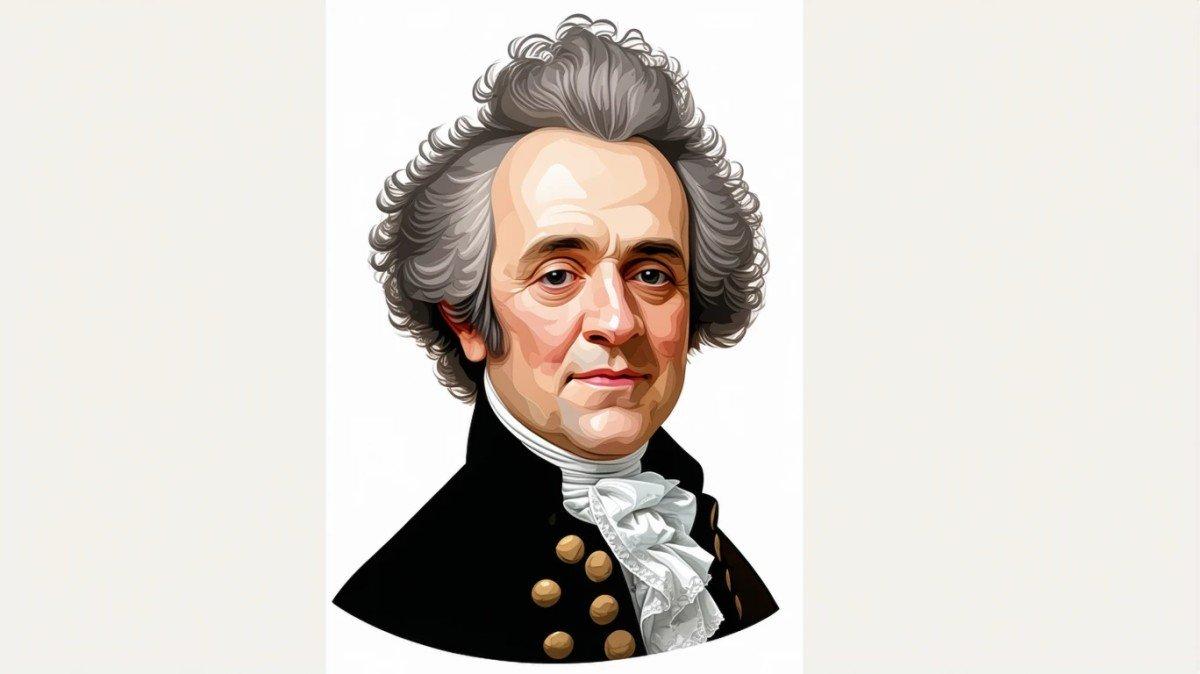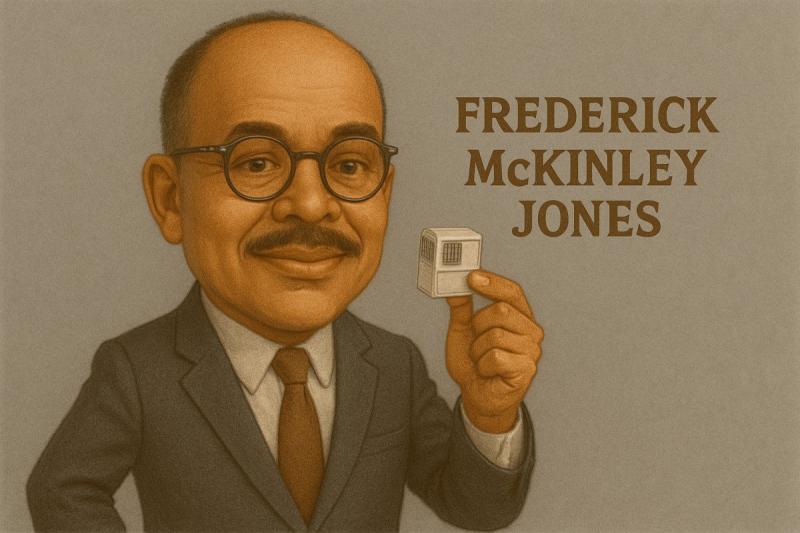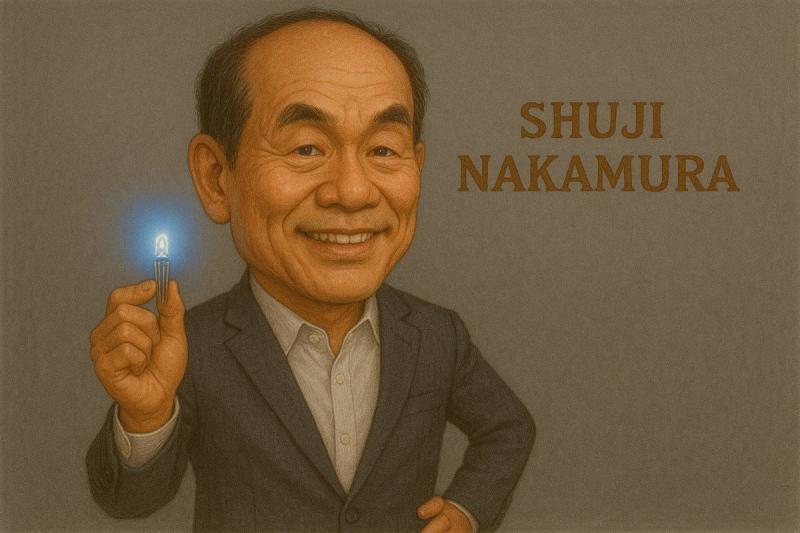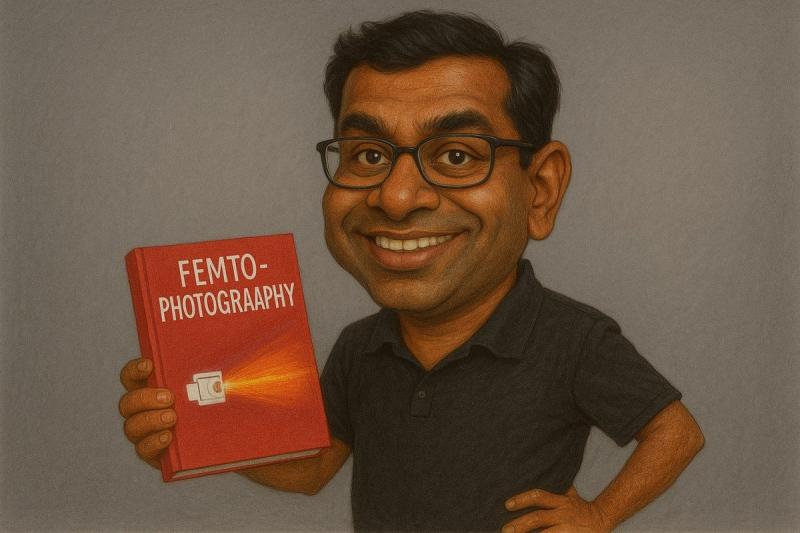William Herschel: The Stargazer Who Found More Than He Bargained For
Ever wondered what it feels like to accidentally stumble upon an entire planet? Just ask William Herschel—though you'd need a time machine for that conversation! This remarkable astronomer wasn't even looking for new planets when he made one of astronomy's greatest discoveries. Talk about a cosmic lucky break!
The Accidental Planet Hunter
William Herschel wasn't your typical 18th-century scientist. Originally a musician from Germany who moved to England, he developed a passion for astronomy that soon eclipsed his musical career. And thank goodness it did, or we might still be thinking Saturn was the last planet in our solar system!
In March 1781, Herschel was doing what he loved most—scanning the night sky for double stars (pairs of stars that orbit each other). Using a telescope he built himself (impressive, right?), he spotted something unusual—an object that didn't look quite like a star. At first, he thought it might be a comet, but further observations revealed something much more significant.
What Herschel had actually found was Uranus—the first planet discovered since ancient times. Can you imagine? The guy was just minding his business, looking for double stars, and BAM—new planet! It's like going fishing for trout and catching a whale.
The discovery instantly transformed Herschel from an amateur astronomer to a scientific celebrity. King George III even appointed him as the "King's Astronomer" with a royal pension. Not bad for a night's stargazing, huh?
Herschel's Wildly Creative Cosmic Theories
Here's where things get really interesting. Herschel wasn't just an observer—he was a thinker with some seriously wild ideas. And I mean WILD.
Perhaps his most eyebrow-raising theory was that every celestial body in our solar system—yes, EVERY single one—was inhabited. Mars, Jupiter, Saturn? Populated, according to Herschel. The Moon? Definitely had people. But wait, it gets better.
Herschel proposed that even the SUN might be inhabited! His reasoning? He suggested that beneath the Sun's fiery visible surface might lie a cool, habitable layer where sun-dwellers could live comfortably. He imagined the bright surface we see as merely luminous clouds floating above this habitable zone.
I don't know about you, but I'm pretty sure my sunscreen wouldn't hold up to even the "cool" parts of the Sun! SPF 10,000,000, anyone? :)
Revolutionary Contributions Beyond Uranus
While his extraterrestrial population theories didn't stand the test of time (shocker!), Herschel made numerous legitimate scientific contributions that revolutionized astronomy:
• He discovered infrared radiation by experimenting with a prism and thermometers
• He identified several moons around Uranus and Saturn
• He coined the term "asteroid"
• He was the first to realize that our solar system is moving through space
• He cataloged over 2,500 deep sky objects (galaxies, nebulae, and star clusters)
• He pioneered the study of binary star systems
Herschel was also a family affair. His sister Caroline worked as his assistant and became a celebrated astronomer in her own right. Meanwhile, his son John continued the family tradition, making significant astronomical contributions of his own. Talk about a stellar family legacy!
The Telescope Maker Extraordinaire
IMO, one of Herschel's most impressive talents was his ability to build incredible telescopes. This wasn't just a hobby—it was a necessity. Commercial telescopes of his era simply weren't powerful enough for the kind of deep sky observations he wanted to make.
So what did he do? He learned to grind and polish his own mirrors, eventually constructing a behemoth 40-foot telescope with a 49-inch mirror—the largest in the world at that time. This massive instrument remained the largest telescope for over 50 years after its completion.
Think about that for a second. The man wasn't just using cutting-edge technology—he was creating it. It's like if modern astronomers had to build their own Hubble Space Telescope in their backyard!
Herschel's Legacy: More Than Just Uranus
When most people hear "William Herschel," they immediately think "the guy who discovered Uranus." And while that's true, it's only a small part of his incredible scientific legacy.
His systematic surveys of the night sky laid the groundwork for modern observational astronomy. His catalogs of nebulae, star clusters, and double stars provided valuable data for generations of astronomers who followed. And his theories about the structure of the Milky Way represented the first serious attempt to map our galaxy.
Even his more outlandish ideas—like sun-dwelling aliens—reflected his forward-thinking approach to cosmic questions. He was asking questions about extraterrestrial life centuries before NASA's astrobiology program!
The Human Behind the Telescope
Despite his scientific genius, Herschel remained remarkably grounded. He continued playing and composing music throughout his life. He was by all accounts a devoted family man who trained both his sister and son in astronomy. He maintained friendships with notable figures like James Watt (of steam engine fame) and Joseph Banks (the botanist).
In many ways, Herschel represents the ideal of the Enlightenment—curious, innovative, and willing to challenge established thinking. He wasn't just observing the universe; he was actively trying to understand humanity's place within it.
Final Thoughts: The Stargazer's Legacy
William Herschel died in 1822 at the age of 83, having transformed our understanding of the solar system and beyond. From accidentally discovering a planet to theorizing about sun-dwellers, his combination of meticulous observation and bold speculation made him one of history's most fascinating astronomers.
Next time you look up at the night sky, spare a thought for William Herschel. Remember that even the greatest discoveries can happen when you're looking for something else entirely—and that even brilliant scientists can have some pretty wacky ideas about aliens living on the sun!
Who knows what other cosmic secrets are still waiting to be stumbled upon by some unsuspecting observer? The universe, like Herschel himself, is full of surprises.



